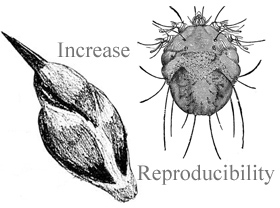
Back in mid-April, when I (Mike) was at the OSI2016 conference, I was involved in the “Moral Dimensions of Open” group. (It was in preparation for this that wrote the Moral Dimensions series of posts here on SV-POW!.) Like all the other groups, ours was tasked with making a presentation to the plenary session, taking questions and feedback, and presenting a version 2 on the final day. Here’s the title page that I contributed.






